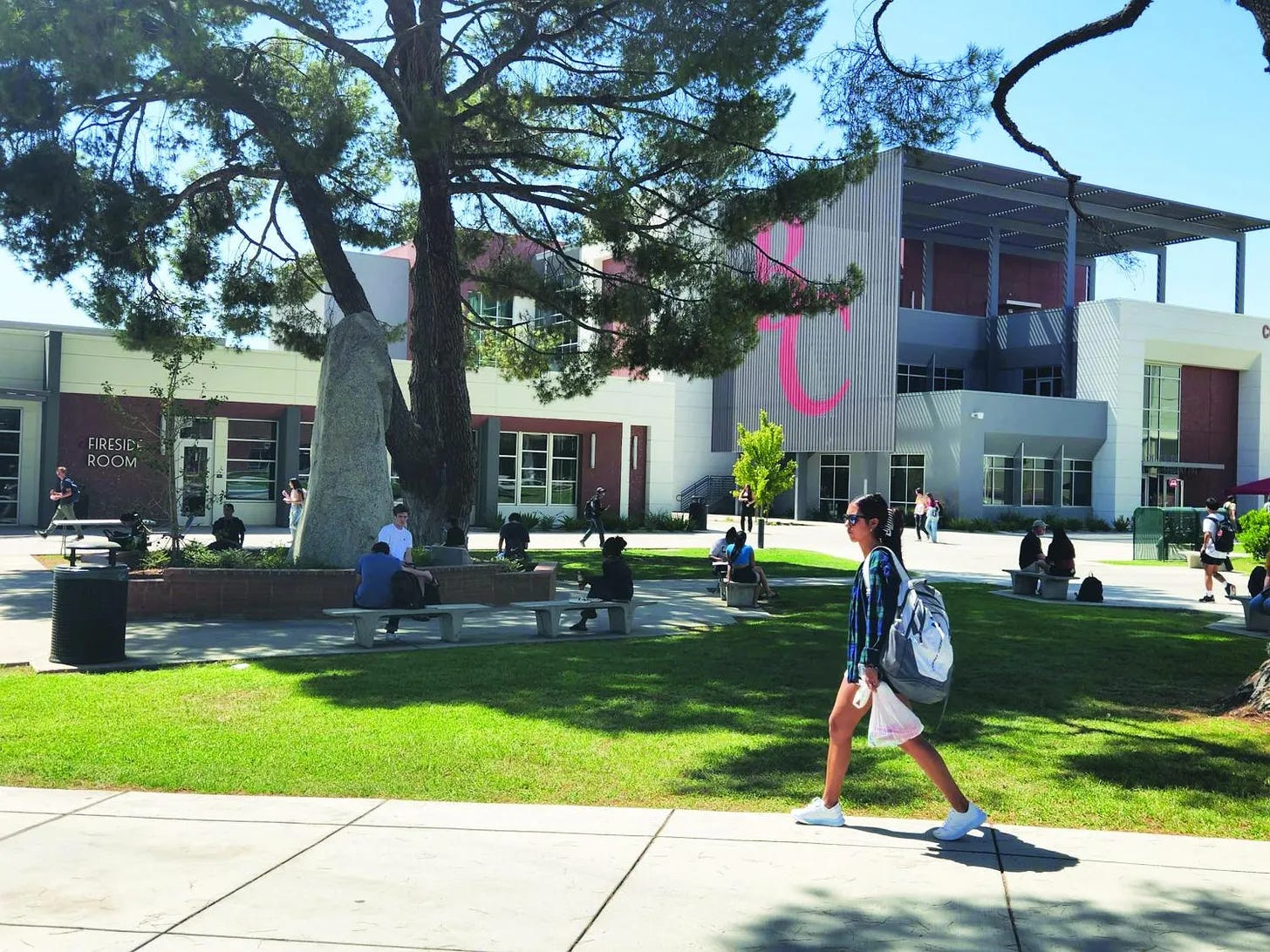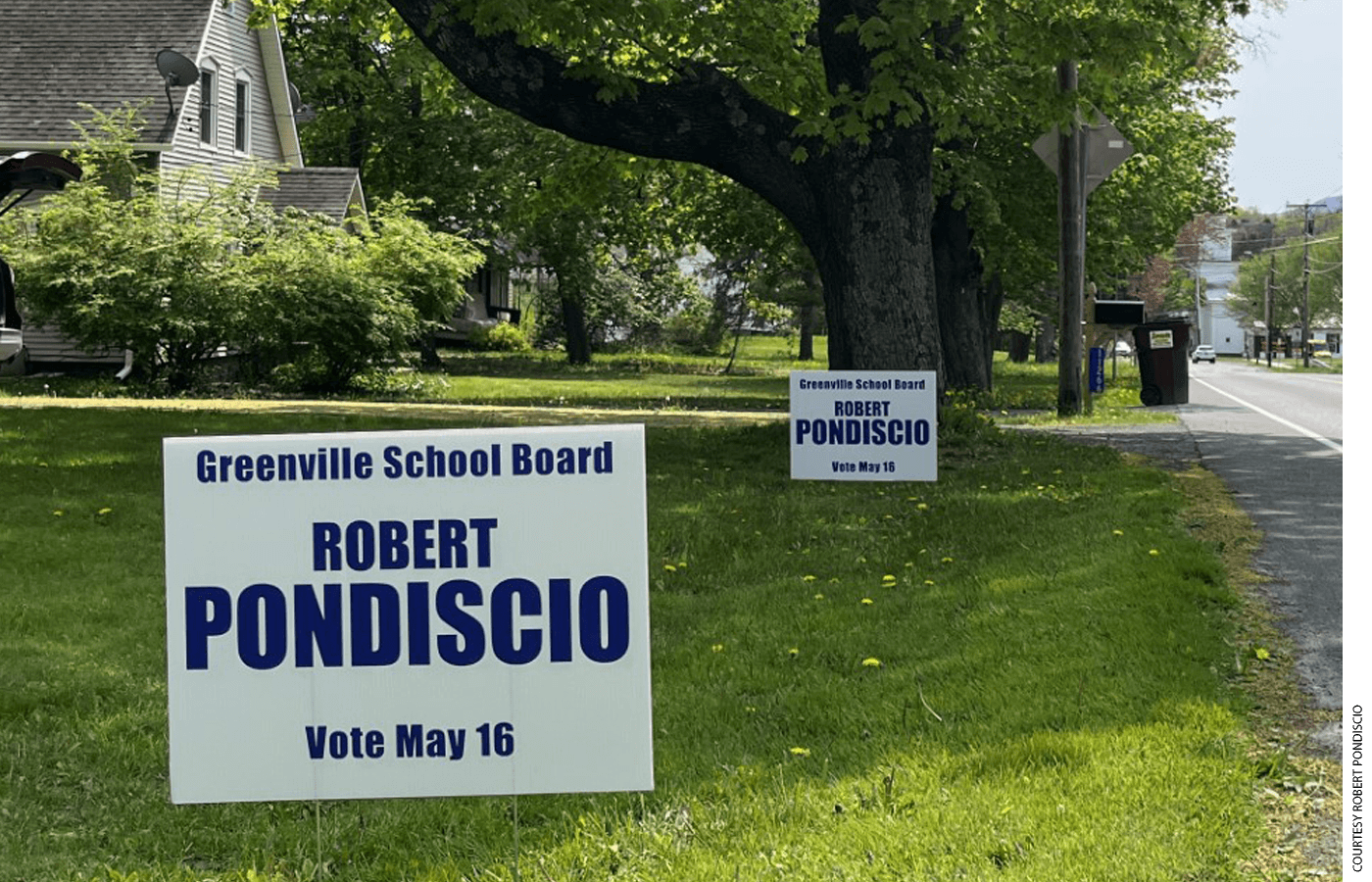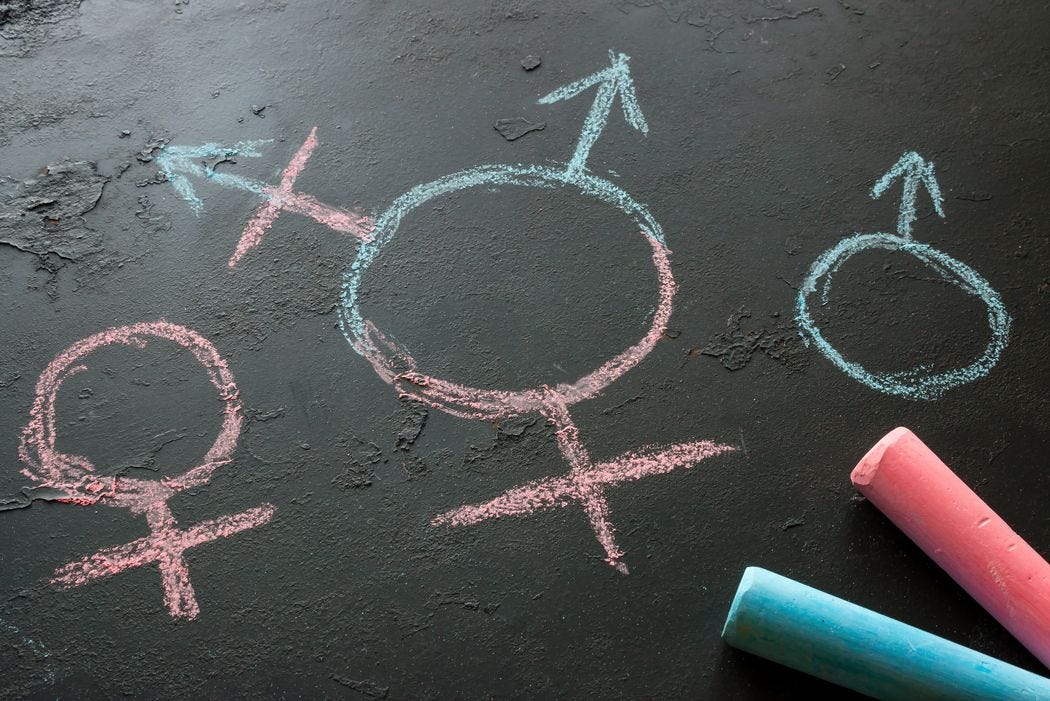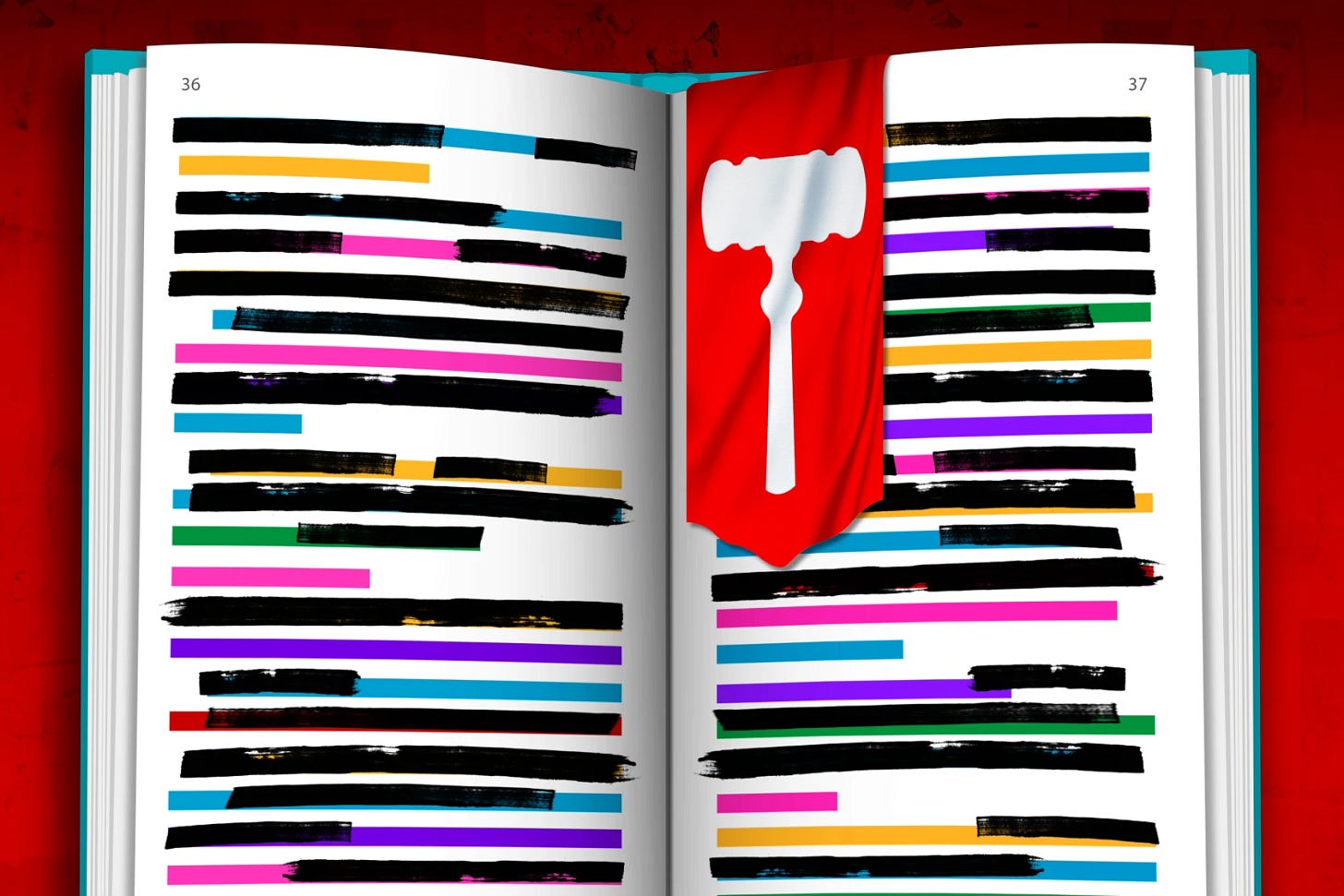Sacrificed on the Altar of “Racial Equity”: Reflections of a Canceled Professor
For FAIR’s Substack, Matthew Garrett writes about his experience at Bakersfield College after the death of George Floyd.
What was “racial equity”? Nobody would really explain, so I questioned the new dogma in an opinion piece. Meanwhile, our faculty Senate warned the administration that such a revolutionary change without faculty consultation encroached on faculty prerogatives enshrined in state law. The administration's “Racial Equity” proposal—with its pledge of faculty and staff diversification through an internship program exclusively recruiting “underrepresented minorities,” paired with race-based student services to meet “racial equity targets”—went back to the diversity committee for further vetting.
Notwithstanding an unmistakable sense of urgency, it took the committee three months to settle on a slightly simpler draft of the proposal. When it finally reached the Senate floor, its chief advocates blamed me and other executive officers for the delay. Although I privately chuckled at the diversity committee’s incompetence, I had nothing to do with it. One committee member told me that the real cause apparently centered on an internal conflict between two factions feuding over who should benefit from racial equity: African Americans or Hispanics?
Little Miss Trouble
For FAIR’s Substack, FAIR Advisor Abigail Shrier writes about why she’s not waiting for the gender ‘pendulum’ to swing back.
Gender Ideology is not a pendulum, and it will not swing back with a little help from inertia. Gender Ideology is a fundamentalist religion—intolerant, demanding strict adherence to doctrine, hell-bent on gathering proselytes. I do not here use the term “religion” metaphorically or lightly.
Gender Ideology is a fundamentalist religion—intolerant, demanding strict adherence to doctrine, hell-bent on gathering proselytes.
Induction into this religion begins with a baptism: the selection of pronouns and often a new name, greeted with all the celebration (and more) of a conversion. It evangelizes aggressively: through social media influencers, who claim to know a teen’s truest self better than her parents and to love that teen so much more than they ever could. Therapists, teachers, and school counselors play evangelist to numberless kids at American school.
What I Learned Running for School Board
For Education Next, FAIR Advisor Robert Pondiscio writes about his experience running for school board.
My opponents in the campaign for school board in Greenville, New York, a town of about 4,000 people a half-hour’s drive south of Albany, weren’t the other two candidates. I ran against apathy and complacency. I raised questions about the budget and student outcomes, which seemed mediocre given the district’s per-pupil spending, demographics, and relatively low poverty rate compared to the highly disadvantaged urban schools where I’d taught. My pitch was least likely to resonate with parents flooding the school for the evening’s activities.
How had I never noticed this before? The vote for open school board seats and on a referendum to approve the district’s $34 million budget was held on May 16, with every ballot cast in a single polling place: the elementary school. The school district is the community’s largest employer. The most self-interested voters, district’s administration and staff, needed only to walk a few steps to the school cafeteria to vote their self-interest by passing the budget. The parade of parents, whose kids would be most negatively impacted if the budget failed and extracurriculars cut, provided the second wave of motivated voters. I didn’t stand a chance.
Medical Journal’s False Consensus on ‘Gender-Affirming Care’
For The Wall Street Journal, FAIR Advisor Colin Wright and Leor Sapir write about Springer, an academic publishing giant that has decided to retract an article that appeared last month in the Archives of Sexual Behavior after receiving blowback from activists. On May 5th, FAIR in Medicine wrote an Open Letter in Support of Dr. Kenneth Zucker and the Need to Promote Robust Scientific Debate which garnered many signatures in support of open inquiry in science and healthcare practice.
Anyone familiar with the controversy over transgender medicine knows what is going on. Activists put pressure on Springer to retract an article with conclusions they didn’t like, and Springer caved in. We’ve become accustomed to seeing these capitulations in academia, media and the corporate world, but it is especially disturbing to see in a respected medical journal.
Rather than appreciate the long-term risk to itself and the scientific community from doing the bidding of activists, Springer has instead agreed to evaluate and retract all survey papers that lack the newly required consent. If Springer follows through on its promise, hundreds of authors who chose to publish in Springer’s journals may have their research retracted.
On Casual Anti-White Racism
For her Substack, The Second Swim, Iona Italia writes about social justice-inflected anti-white racism.
But we should not forget that society is also a collection of individuals. The reason why many of us want to challenge structural racism and trace the historical bases of racist attitudes is because we care about human beings as individuals. Our aim is to achieve a society in which every person is accorded equal rights and treated with equal dignity and respect. Many on the social justice left have lost sight of that aim. They can’t see the trees for the forest.
Instead, they speak and act as if this were a zero-sum game, a power struggle between groups, in which one group’s gain will be another’s loss. In this vision, the formerly dispossessed groups are fighting to overthrow the oppressor group. It’s people of colour against whites. In her many tweets on white people, Jeong never qualifies her words, never specifies that she means racist white people. This slippage is sinister. And it reflects a much more widespread phenomenon. The problem, we are often told, is “white privilege,” “white fragility,” “white tears” or even just “white people” full stop. The common element here is not racism, but whiteness.
Are Diversity Statements Illegal?
For The Chronicle of Higher Education, Adrienne Lu writes about why a growing number of colleges around the country have stopped using diversity statements, following a lawsuit filed against the University of California system.
While private employers are generally allowed to practice viewpoint discrimination, public universities, like other public employers, typically cannot discriminate based on political beliefs. “A public university can’t require its faculty to have certain beliefs,” said Brian Leiter, a professor of jurisprudence and director of the Center for Law, Philosophy, and Human Values at the University of Chicago, who has been a vocal critic of diversity statements. “No matter how laudable one thinks the beliefs are, it’s not allowed. And that’s just true of any public employer. There are very narrow exceptions.” Courts have ruled that government can base hiring decisions on political viewpoints only in very limited cases, such as political appointments, Leiter added.
FAIR News Podcast
For audio versions of our FAIR News and FAIR Weekly Roundup newsletters, subscribe and listen to FAIR News Weekly on Apple Podcasts, Spotify, Google Podcasts, or via RSS feed.
Join the FAIR Community
Join us, and become a member of FAIR.
Become a FAIR volunteer, or join a FAIR chapter.
Take the Pro-Human Pledge and help promote a common culture based on fairness, understanding, and humanity.
Sign-up for a Welcome to FAIR Zoom information session to learn more about our mission.
Share your reviews and incident reports on our FAIR Transparency website.











